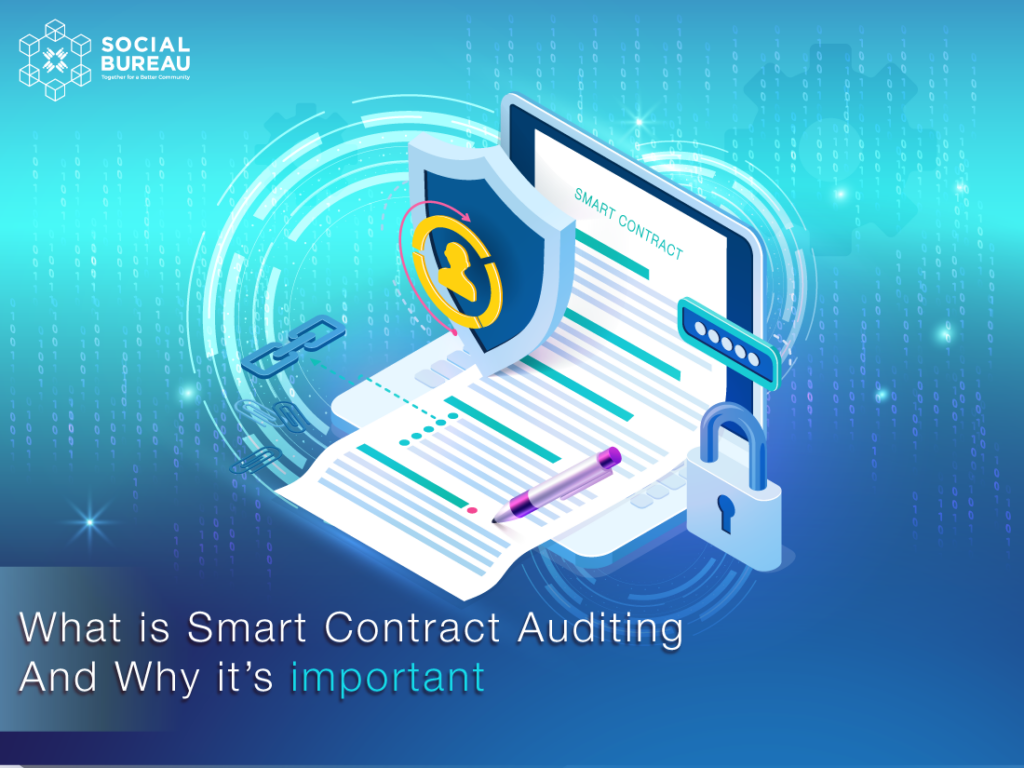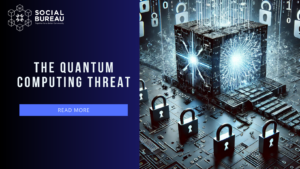In the realm of blockchain technology, smart contracts serve as the backbone of decentralized applications. Smart contract auditing is essential for ensuring their security and reliability by identifying vulnerabilities and potential risks within the code. This practice plays a pivotal role in safeguarding against exploits and financial losses while bolstering trust in blockchain systems. In this article, we delve into the importance of smart contract auditing, its methodologies, and the role it plays in fostering a secure and resilient blockchain ecosystem.
By systematically reviewing and analyzing smart contract code, auditors can identify and mitigate vulnerabilities, bugs, and potential security risks. This proactive approach helps prevent exploits, financial losses, and reputation damage, instilling confidence among users, developers, and stakeholders. Moreover, robust auditing processes enhance transparency, compliance, and overall trust in decentralized applications and blockchain platforms, fostering a safer and more resilient digital ecosystem.
Smart contract auditing involves a systematic examination of the code to identify vulnerabilities, bugs, and security risks. Auditors employ various methodologies, including manual code review and automated analysis tools, to scrutinize the contract’s logic, functionality, and security measures. Through comprehensive testing, auditors verify the contract’s compliance with industry best practices, coding standards, and security protocols. Additionally, they conduct vulnerability assessments, penetration testing, and risk analysis to assess the contract’s resilience to potential threats. By combining these methodologies, auditors ensure a thorough evaluation of smart contracts, enhancing their security and reliability in the blockchain ecosystem.
By identifying and addressing vulnerabilities before deployment, auditing helps prevent potential exploits, hacks, and financial losses. This proactive approach enhances the overall security posture of decentralized applications and blockchain platforms, fostering trust among users, developers, and stakeholders. Moreover, by enforcing adherence to coding standards, best practices, and security protocols, auditing contributes to the long-term sustainability and scalability of blockchain-based systems. Ultimately, smart contract auditing strengthens the foundation of the decentralized digital ecosystem, enabling innovation and growth while mitigating risks and ensuring the integrity of transactions and data.
Prior to engaging with any protocol, users must ensure smart contracts undergo thorough auditing. Blockchain technology carries inherent risks, necessitating caution. Prioritize platforms audited by reputable third parties and developers. Review audit reports and code quality to mitigate risks. Verify the security and reliability of smart contracts to safeguard against potential vulnerabilities and financial losses.




